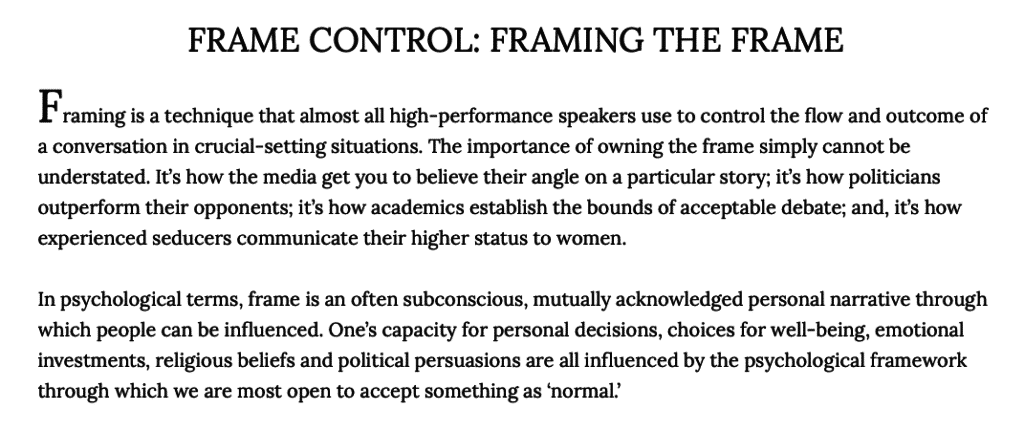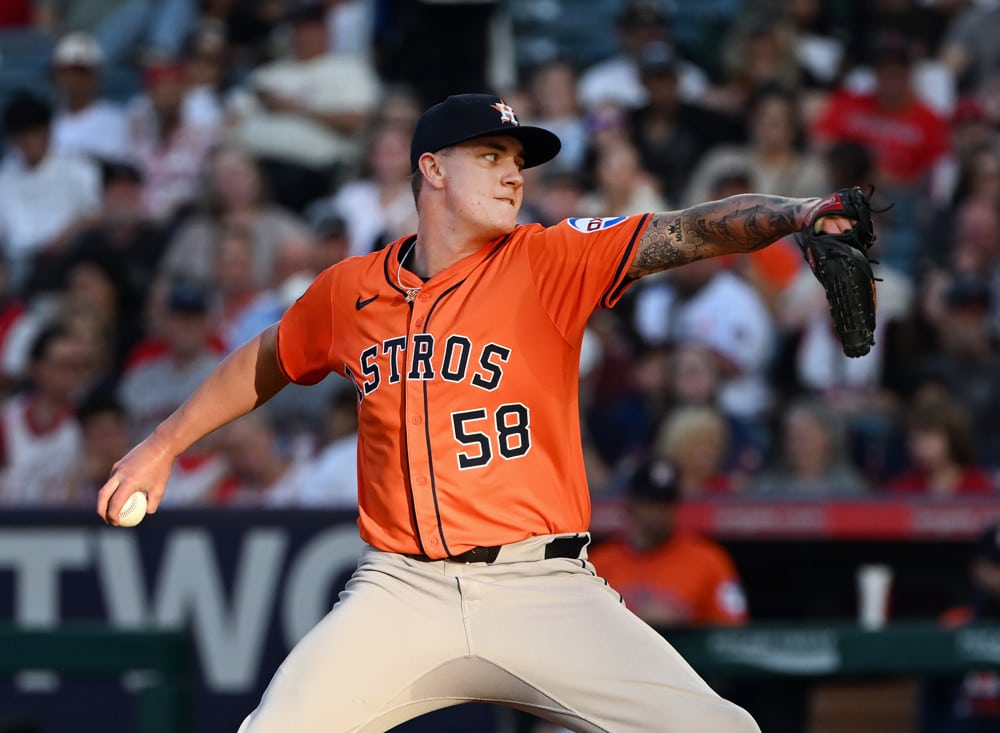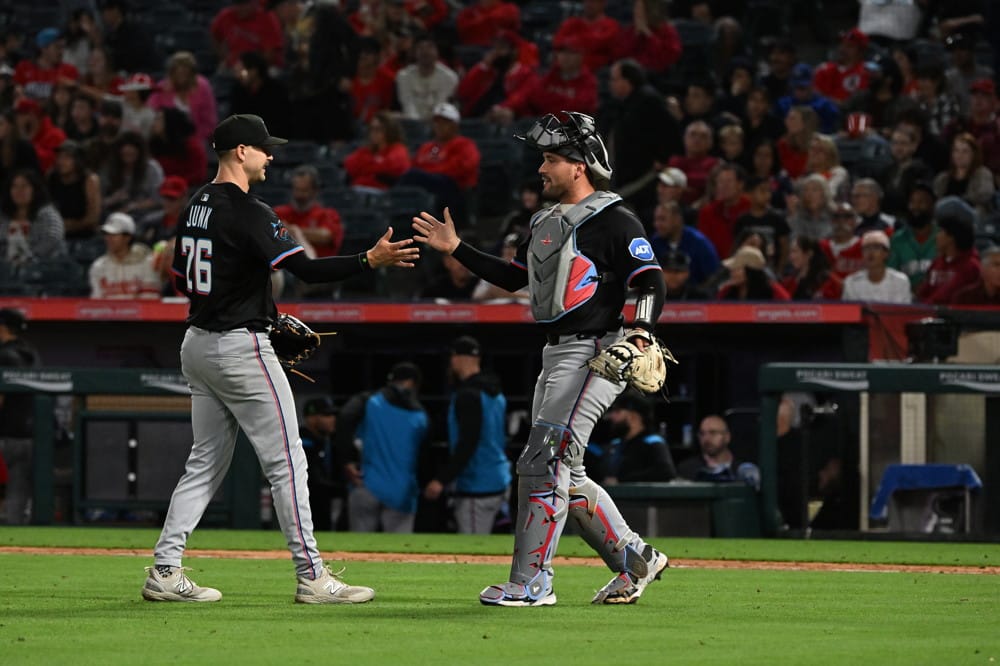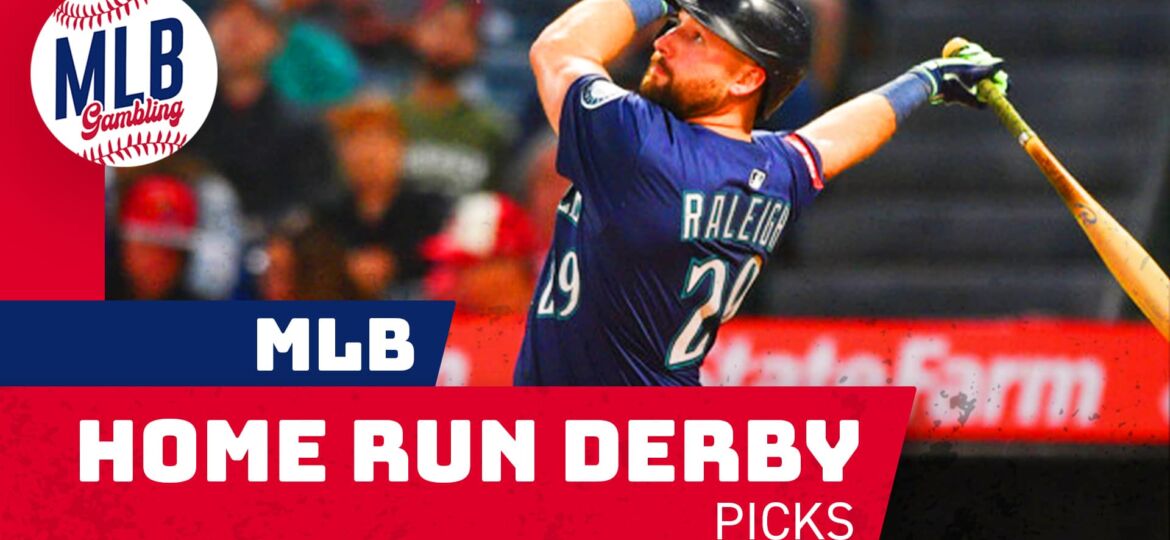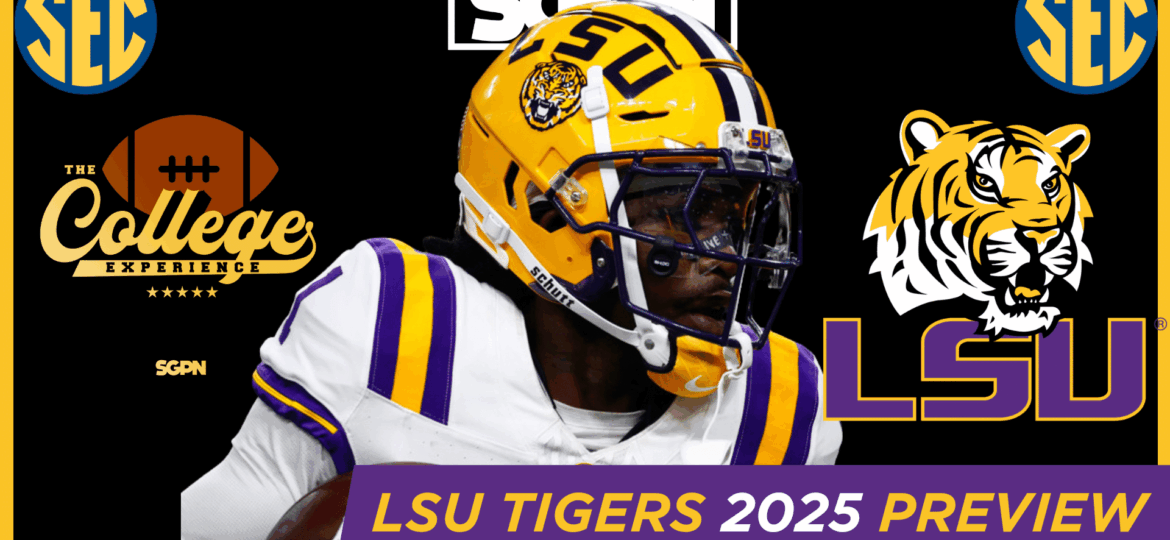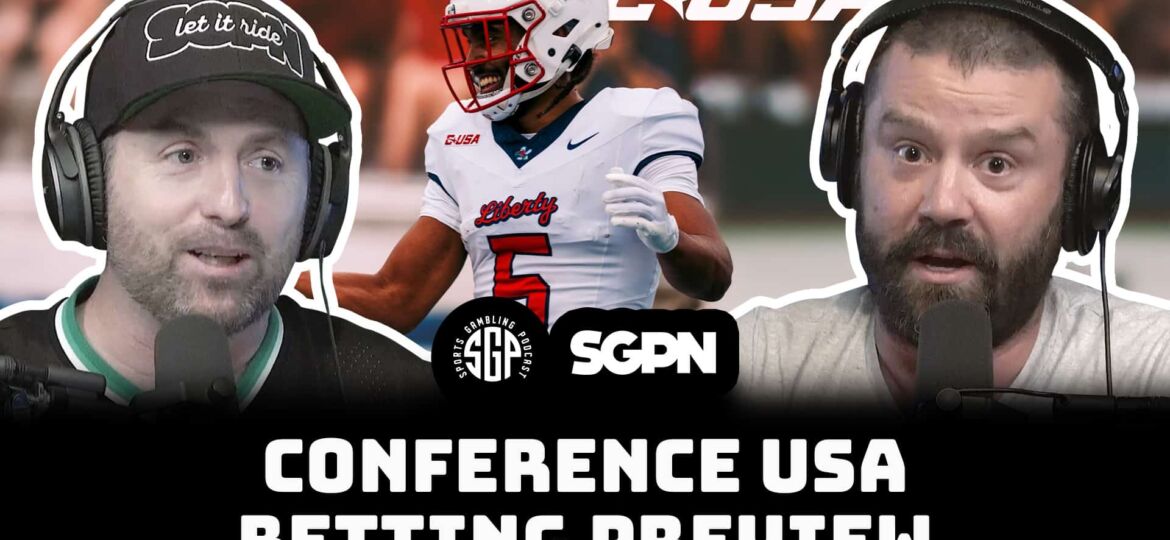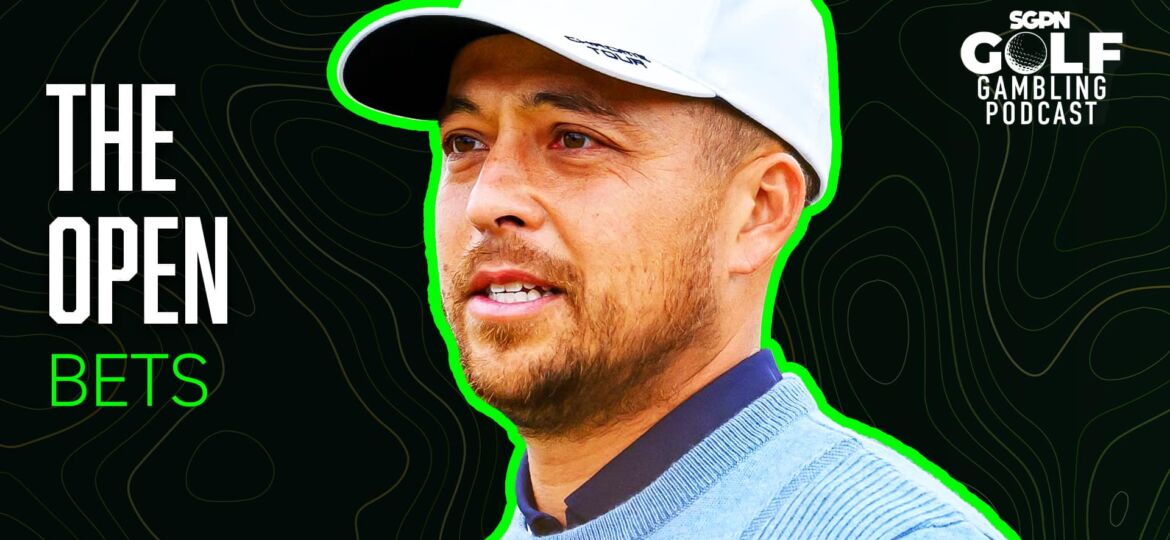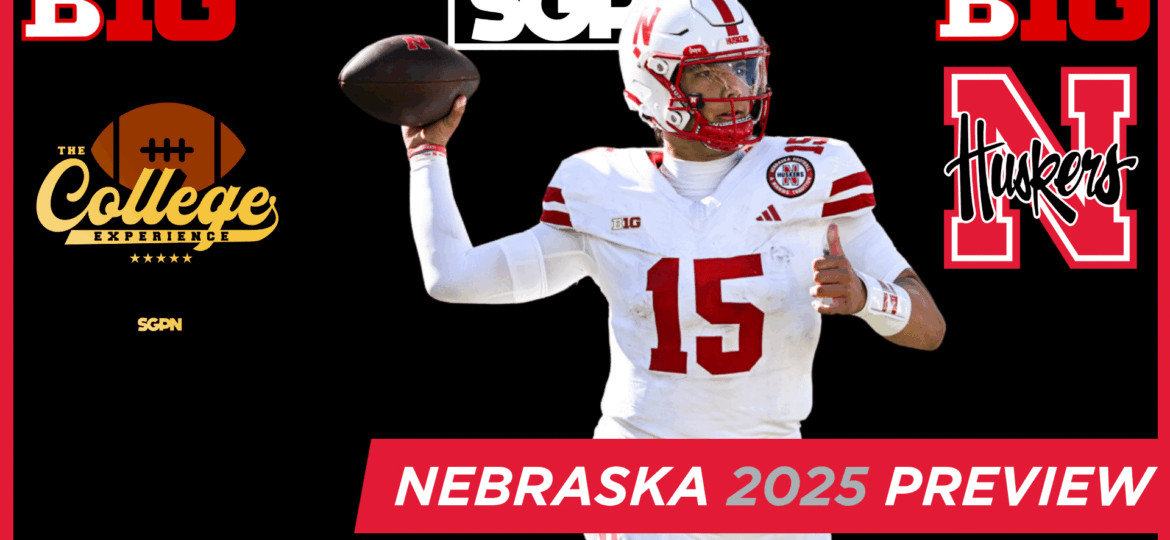Welcome into our second meeting of sports betting psychology class. If you missed the first day of school, that’s okay, I don’t really take attendance and you can always catch up here.
In that article, I talked a bunch about the ways sports books use frame control to make you feel better about parting with your money. For this article, we’re going to explore the self inflicted ways gamblers have to combat the thoughts and ideas always present when it comes to making sports bets.
Many of these ideas will build on the ones introduced in the last article, so let’s start with the same concept, frame control:
The Fight Within
Stigma’s can be a huge problem, not just because they make you feel like you have to hide your passion for sports betting, but because they are ideas that can grow.
When you navigate a market that was associated with back room deals, illegal activity, families being ripped apart, loss of monetary value, and many others, you are going to not only fight that battle with others, but with yourself.
If you have a bad week or month sports betting, are you an addict? If you chased a bad beat and went over your head betting, should you quit forever? Those are the types of inception level ideas that can be planted in your brain that you have to combat. The whole key to this is saying one thing, sports books want you to quit while you’re down, never ahead, and despite how badly it can feel when you’re down, if you can dedicate time to the craft, over the long haul you will be successful.
Don’t Believe Your Eyes, Believe Your Numbers
Live betting is one of the most under utilized tools in the market when it comes to betting on sports, specifically when it comes to point spread games. If you take a game built on short term runs and volatility like basketball, if you’re able to put on your hedge fund manager hat for an evening, you can create a vast amount of wealth for yourself.
The problem becomes when you believe your eyes rather than your numbers, because it can be so hard to try to short a team during a run, either way. Think it through: how many times have you seen a basketball team go on a 10-0 run (which you need to remember is only five baskets), the other side calls timeout, and things level out again?
If you had shorted at the top of that team’s market making the run, you could have taken the other side — potentially 10 points better of the point spread. People are obsessed with inertia, however, and tend to think things will continue going one way when they see it in front of them.
It’s never easy to sell or buy at the top of the market when you just witnessed what that team is capable of, but that’s the whole key. In a world where men will move women and children to fight over a half point pre-game, not nearly enough of people are playing in-game wagering to maximize their edge, create middle opportunities, sweat free bets, and arbitrage.
Knowing The True Meaning Of “Units”
The real definition of one unit is 1% of your bankroll. In a perfect world, you would only be wagering 1% of your bankroll per bet. The issue with this is it’s very unattractive to many when you break that down. One unit in a $10,000 bankroll is a just $100.
Most bettors do not have a $10,000 bankroll and therefore likely wager several units per play without even knowing so. Make no mistake about it, if someone is risking “5 units” on one play and it isn’t exactly 5% of their overall bankroll, they are mismanaging their money, and if you are following them, they are mismanaging yours. If you’re not able to withstand the cold stretches that can come with gambling for a month or even in a perfect world a year, you’re risking too much and need to be able to lose 100 times. Long haul-remember? This eliminates chasing, playing scared or timid, and not taking the value.
Don’t Go Betting With Pre-Conceived Notions
The gamblers fallacy is very real. When you see at trend in sports betting, you need to understand that teams and players certainly fall into patterns, but the outside variance every time is each an individual outcome.
To explain it better, take a look below:



